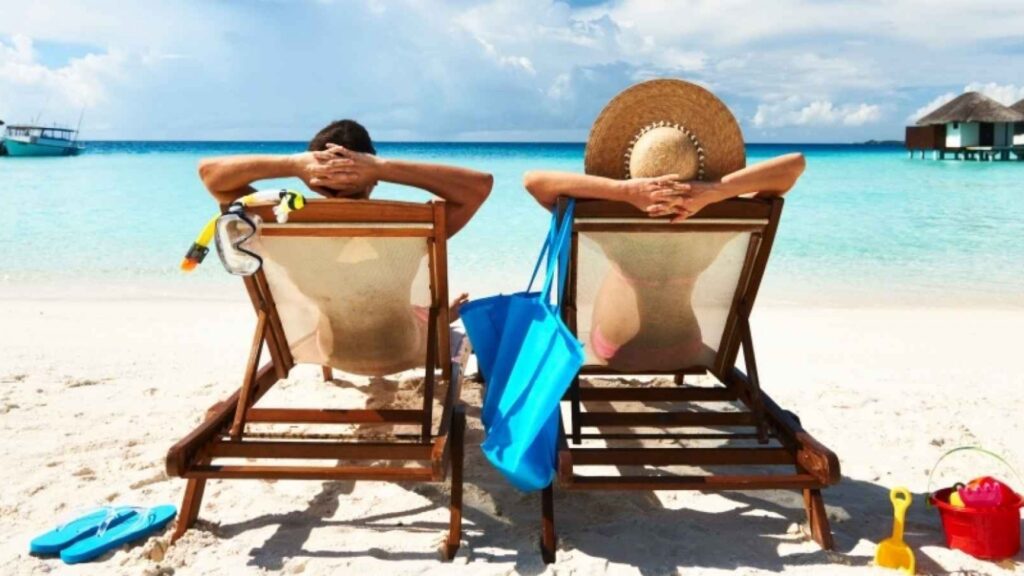
Recharging Your Life The Health Benefits of Holiday Experiences
Taking a vacation or a holiday experience is often one of the most important things you can do.Recharging your life the health benefits of holiday experiences.It can provide you with many benefits, such as relaxation and pleasure. However, there are some disadvantages to vacations and holiday experiences, including health concerns.
Results
Taking a vacation is good for your health and sanity. It is also a good way to make some of your colleagues jealous. A recent survey revealed that nearly seven out of ten American adults have changed their vacation plans for one reason or another. The biggest change was due to the economy. Most of these changes were minor tweaks. A good question to ask is what do these travelers plan on doing while they’re away? What are they most excited about? Some are staking out the good old USA while others are going overseas for a bit of R and R. Regardless of where they’re going, they’ll likely spend some time in the hotel of their choice.
Relaxation
Earlier research has studied the relationship between relaxation and recovery during vacations. The results of these studies suggest that a relaxing vacation can lead to better health and productivity. However, there is still some uncertainty regarding the exact relationship between relaxation and H&W changes.
In addition to relaxation, previous research has found a link between pleasure derived from leisure activities and H&W changes. This relationship is important in other studies that have investigated the relationship between recovery and vacations.
In the current study, 54 employees were asked to report their H&W before and after their vacations. These changes were then correlated with their levels of relaxation and pleasure derived from activities. The relationship between relaxation and H&W during vacation was found to be a strong one.
Pleasure derived from activities
Various studies have been conducted to measure the pleasure derived from activities during vacation and holiday experiences. Earlier studies have mainly focused on relaxation and control of leisure time. In the present study, we investigated whether and how activities and experiences derived from vacations could improve health and well-being. Specifically, we examined whether or not a short, favorable vacation experience could boost the brain’s well-being, particularly in the face of long-term stressful periods.
One possible explanation for this is that vacations help workers put life in perspective, reduce the strain of the job, and increase relatedness. Another possibility is that vacations act as a buffer against future stressors.
Comparison of vacation effects and vacation after-effects
Several studies have shown a correlation between vacation experiences and positive affective well-being. However, there are still questions regarding the extent and direction of these relationships. Aside from the psychological well-being, vacationing may also promote health and well-being over the entire life span.
A study by Strauss-Blasche, Ekmekcioglu, and Markti investigated the effects of vacationing on physiological indicators. The authors found that H&W increased significantly during the first four days of vacation, but decreased significantly after the eighth day. It was also found that vacationing was associated with lower health complaints and higher life satisfaction.
Vacationing was also associated with a lower incidence of rumination. However, levels of rumination remained below the baseline level until two weeks after vacation.
A longitudinal research design
Identifying relationships between H&W and vacation experiences is an important research area. Longitudinal research design for vacations and holiday experiences can provide unique insight into how vacations and holiday experiences affect health and well-being. It can also provide a wider range of benefits for various industries.
Vacations and holiday experiences can influence health and well-being, performance, relationship quality, creativity, and other aspects of life. It may also help buffer future stress, which can improve psychological resilience.
The purpose of this study was to investigate the effects of vacations and holiday experiences on employee H&W. A questionnaire was completed by 54 employees before, during, and after their vacation. Recharging your life the health benefits of holiday experiences.A general questionnaire included questions about the characteristics of their vacations, including time spent on social and physical activities. In addition, participants were asked to prioritize their vacation activities.
For more article>https://www.climatechallange.com/gardening-keeps-the-brain-healthy-in-old-age/